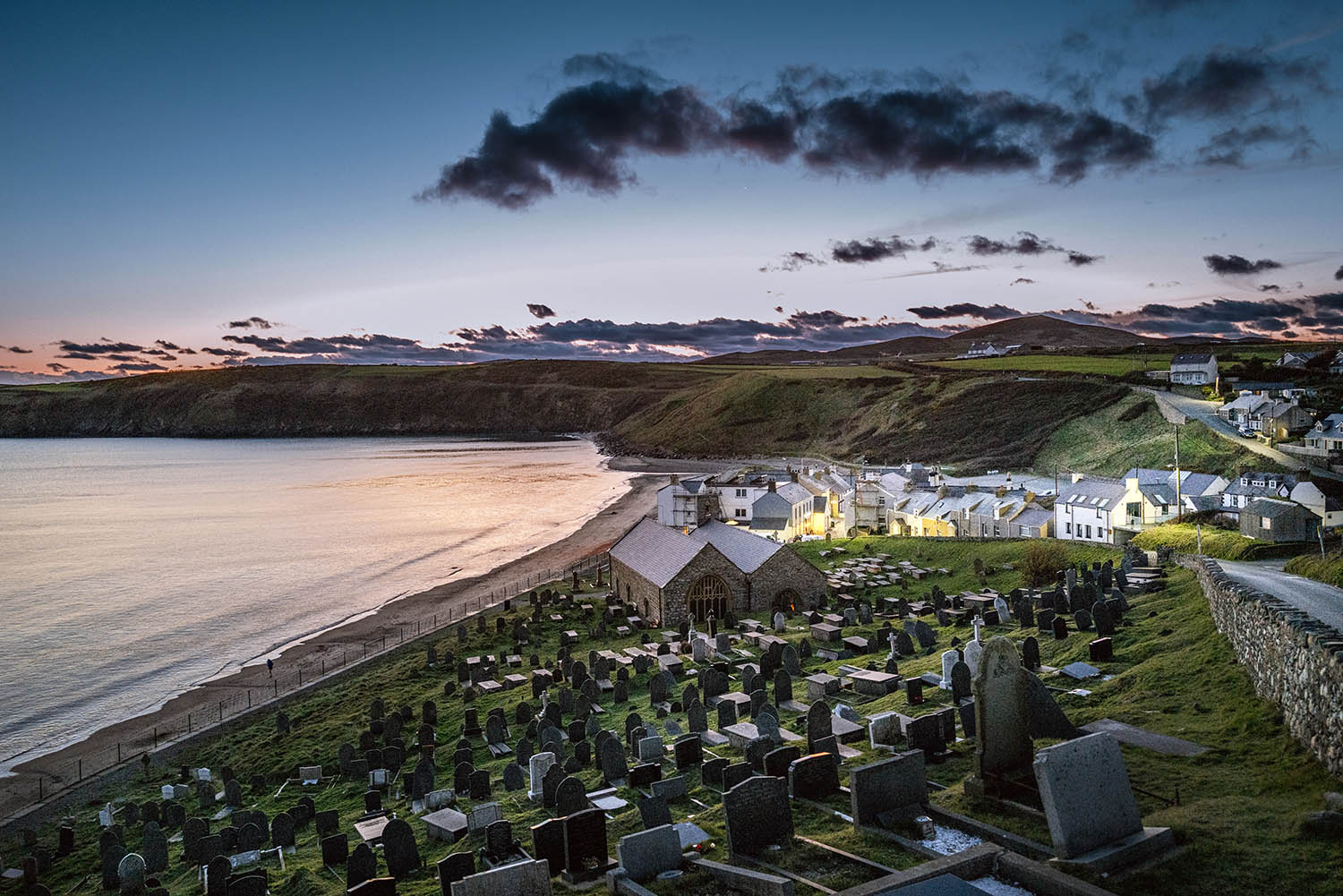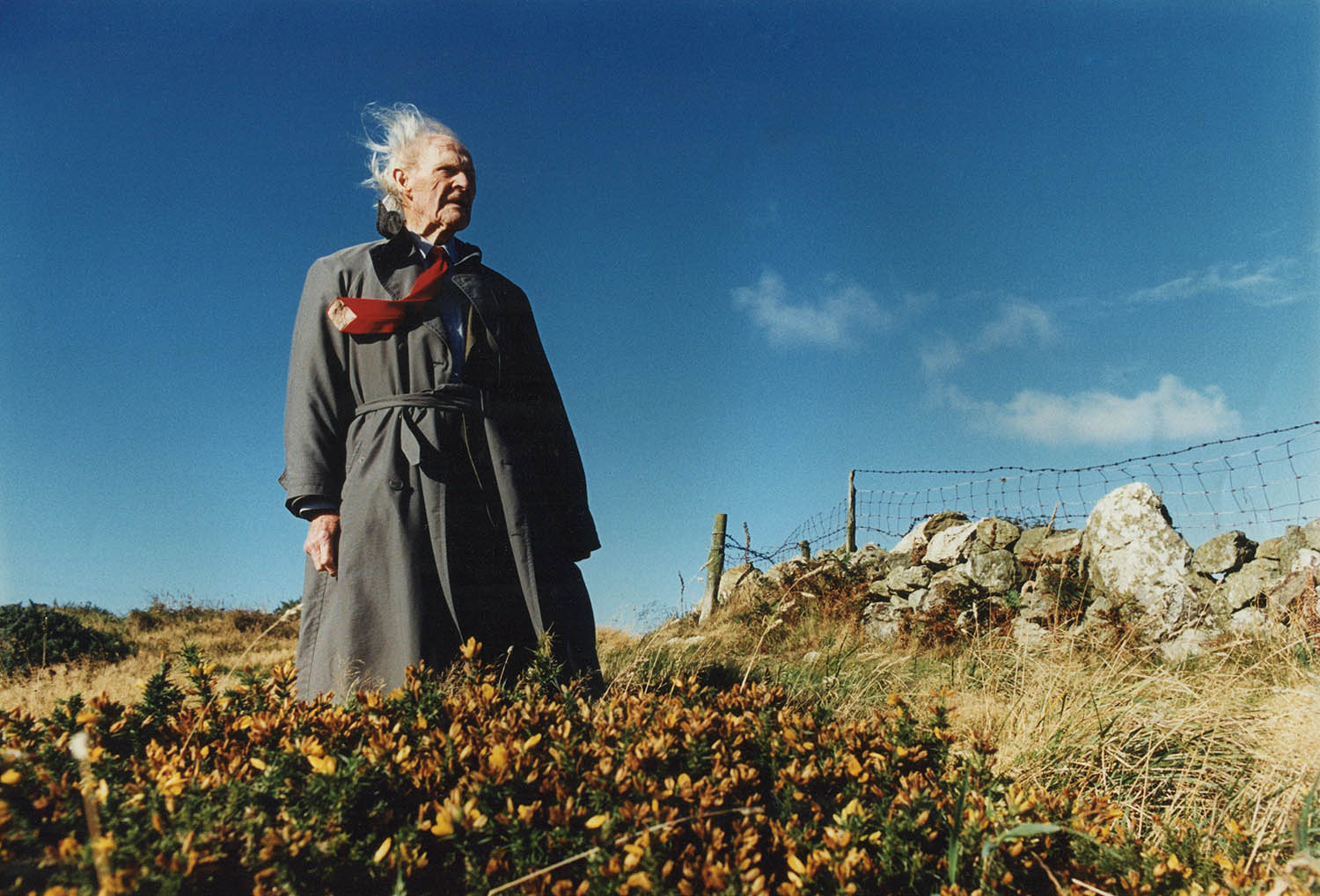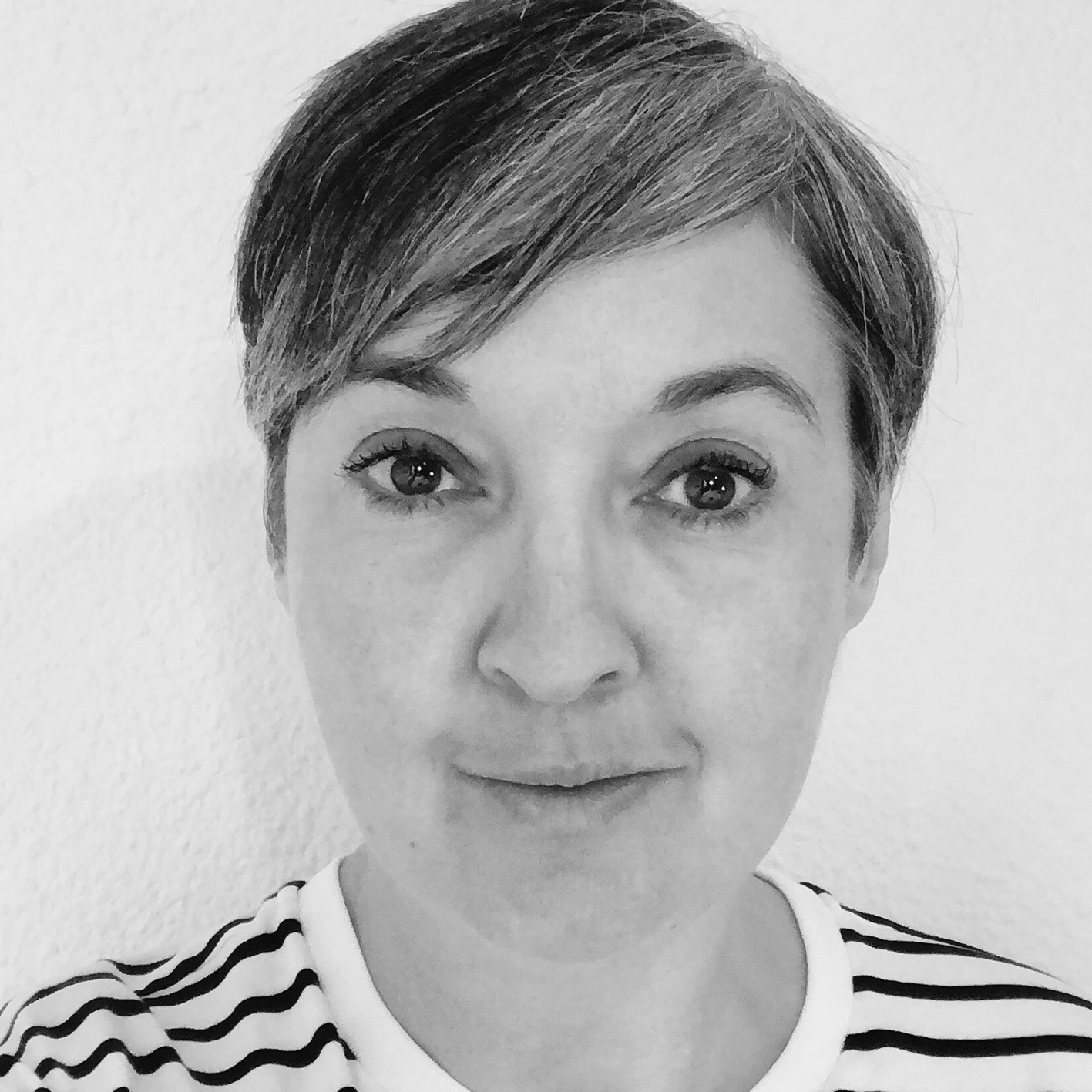Photographs by Howard Barlow
Two years after the end of the second world war, a young vicar lay on the “hurrying grass” outside the oldest Nonconformist chapel in Wales. The 17th-century former cattle shed to the north of the Black Mountains in Glasbury-on-Wye, wrapped with nettles and moss, had its doors locked. “Stale piety,” the vicar later imagined in a poem, with a touch of bone-dry humour, was “mouldering within”.
Instead, he took in the “rarer air, blue as a flower and heady with the scent / Of the years past and others yet to be”, and had a vision of God, writing about it in a later essay and a poem named after the chapel, Maes-yr-Onnen. In 1946, RS Thomas had published only one slim volume of poems, Stones in the Field, through Carmarthen’s tiny Druid Press. By the time of his death at the age of 87 in 2000, he had published more than 30 books, several collections of prose, and had been twice nominated for the Nobel prize in literature. Seamus Heaney, one of his nominees, wrote of him: “[Thomas] got very far as a poet, a loner taking on the universe, a kind of Clint Eastwood of the spirit.”
Although it is another Thomas that most people associate with the might of Welsh poetry, Ronald Stuart Thomas, a year older than Dylan, wrote verse that was far sharper and more economical: his poems were often brutal and frequently profoundly beautiful. A quarter of a century after his death, his influence continues. Last weekend, Thomas’s work was the focus of the progressive Brecon Choir festival, a four-day programme of performances, new commissions and talks in and around the mid-Wales cathedral town.
Maesyronnen chapel became a music venue for an afternoon, hosting late Welsh composer William Mathias’s settings of seven Thomas poems, sung by tenor Archie Inns. Elsewhere, Thomas-inspired premieres by choral composers Lucy Walker, Carwyn Whomsley, Sarah Henderson and Geraint Lewis ran alongside academic talks, a Thomas-themed mass and an early morning walk up a nearby hillfort.
Thomas’s poetry focused on subjects that feel incredibly contemporary, such as the vitality of the environment and the struggle against mechanised, materialistic mass society, which he referred to, in many poems, as “the machine”. “So combining Thomas with choral music feels particularly apt,” says festival co-founder Joshua Games. “Thomas saw as clearly as anyone the corrosive effect of the commodification of experience and an attitude to nature that was either to exploit or ignore it.”

The village of Aberdaron, where Thomas worked as a vicar and composed many of his most enduring poems
“He’s a new man now, part of the machine / His nerves of metal and his blood oil,” runs one of Thomas’s early poems, Cynddylan on a Tractor, written when Thomas was a vicar in Manafon, a remote village in mid-Wales, among farming communities. Thomas’s machine became increasingly virtual and AI-like as his poetry evolved. “The machine appeared / In the distance, singing to itself / Of money,” runs Other, from the 1972 collection H’m. “Its song was the web / They were caught in, men and women / Together.”
God then “secretes” a tear at this scene, before Thomas offers a dialogue that could serve as a prescient comment on our culture of streaming and social media obsession. “Enough, enough / He commanded, but the machine / Looked at him and went on singing.”
Thomas also wrote often about being in the moment: “There is nothing better than choir music for being fully present – in body and spirit – with one another,” says Games. Geraint Lewis’s setting of The Bright Field, one of Thomas’s best-known poems, felt especially magical in the chapel of Brecon’s Christ’s College. “I have seen the sun break through / to illuminate a small field / for a while, and gone my way / and forgotten it”, sung the male half of the ensemble from the chancel, while the female half sang above, their voices suggesting the incoming sunlight.
In this poem, the protagonist soon understands the treasure of the present: that life is not “hurrying on to a receding future, nor hankering after / an imagined past”. “A lot of people in mindfulness circles often quote The Bright Field,” Susan Fogarty, co-founder of the RS Thomas and ME Eldridge Society, tells me at Maesyronnen. “It’s become almost a mantra for mindfulness at a time when people are less religious, but tapping into a sense of their own spirituality. He speaks into that place of spirituality and finding our own relationship with God, or a seeking of the other.”
Other poems draw on Thomas’s deeper connection with nature, and a frustration with organised faith. “Religion is over,” he writes in The Moon in Lleyn, noting that “in cities that / have outgrown their promise people / are becoming pilgrims / again, if not to a church, “then to the recreation of it in their own spirits”. In Sea-Watching, he tells us of the importance of patience through his love of birdwatching. “Daily / over a period of years / I have let my eye rest on them.” Then he reminds us: “Ah, but a rare bird is / rare. It is when one is not looking / at times one is not there / that it comes”.
Born in Cardiff in 1913, Thomas moved to Anglesey with his family just after the first world war. On the BBC arts programme Bookmark in 1995, he revealed that he did not attend school for the first few years of his life, and was left to fish in pools and go bathing: “I’d been, I suppose, a delicate child.” His poem The Word, from 1972, says more about his character: its protagonist is asked by God to write “what it is to be man”. His hand hovers long over the page, taking its time through the lines: “and I spelled out / the word ‘lonely’”. He goes to erase this, but “the voices / of all of those waiting at life’s / window cried out loud: ‘It is true’.”
Newsletters
Choose the newsletters you want to receive
View more
For information about how The Observer protects your data, read our Privacy Policy
Reading Classics at Bangor University, then training for the ministry in the 1930s, Thomas married Mildred “Elsi” Eldridge, an accomplished muralist and illustrator, including for Faber & Faber, in 1940 (an exhibition of her quietly powerful work is at Brecon’s Found gallery until 2 August). Their son, Gwydion, arrived in 1945; Stones in the Field a year later; Thomas’s poetry tumbled out around his clerical work. He sits alongside Lawrence Durrell and Elizabeth Jennings in the first volume of the landmark Penguin Modern Poets series in 1962, its cover adorned by a photogram of a seedhead. Two years later, he was awarded the Queen’s gold medal for poetry.
Thomas’s powerful commentary on the colonisation of Wales resonates today. Among his angriest poems is 1967’s Reservoirs, written only two years after the Welsh-speaking village of Capel Celyn in Gwynedd was, despite fierce opposition, flooded to create the Llyn Celyn reservoir in the Tryweryn valley to provide water for Liverpool. The poem rages at the “smashed faces / Of the farms” and the “English / Scavenging among the remains / Of our culture.” In recent years, copies of the “Cofiwch Dryweryn” (Remember Tryweryn) graffiti, first painted as a protest on a wall in the early 1960s, have resurfaced in support of the Welsh independence movement.
This poem also appears in Howard Barlow’s new book of photographs of the poet, RS Thomas: Lasting Impressions, published this month. In many of these images, taken in two sessions in the 1990s, Thomas looks like a figure from a distant era, but in lively full colour, his wild white hair and red tie whipping ferociously in the wind. Barlow also remembers the dry, impish spark Thomas had, that comes across in some lines in his poetry. It is also evident in Byron Rogers’s entertaining 2006 James Tait Black prize-winning biography, The Man Who Went into the West; and Jon Gower’s 2013 radio documentary about Thomas, Always Seeking Greater Silence, which is still available on BBC Sounds (“I wouldn’t wait that long for God,” Thomas says, when asked how long he’d wait to spot a rare bird).
Barlow photographed Thomas in 1993, two years after the death of Elsi, and again in 1997, after the poet had married his second wife, Betty Vernon. That second time, Barlow says, “my only regret was not capturing the twinkling smile that was apparent over tea”. The photographer adds that his most famous picture of the poet leaning out of a low stable door, was referred to by Thomas in a letter to his friend and fellow poet Raymond Garlick: “If they decide you are an ogre, they find the right photograph.”
Thomas’s economy and directness may have contributed to this curmudgeonly image, but it is also what makes his poetry so intimate, jolting and exhilarating. “If I’m going to be remembered at all, I suppose it’ll be on the strength of a few poems that I’ve written,” he told the BBC in 1995, with his trademark nonchalance. He added a hope that “other people will benefit from my example of one who loved to be in the open air, loved the things of this Earth, and was given the ability to both hear and see them”.
RS Thomas: Lasting Impressions is available through howardbarlow.photoshelter.com. For details of next year’s Brecon Choir festival, go to breconchoirfestival.co.uk
This article was amended on 26 July 2025. An earlier version referred to Archie Inns as a countertenor. In fact he is a tenor.

